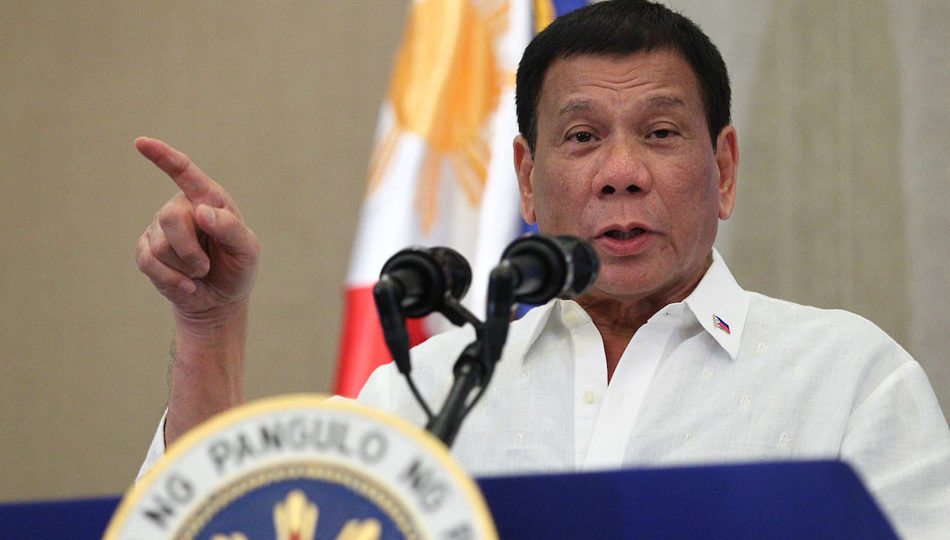Over the weekend, news outlets reported how Philippine President Rodrigo Duterte requires his cabinet members to learn Cebuano (his mother tongue) in order to understand and participate in meetings.
“So I told them, ‘You can’t understand? OK, learn. It’s not my problem. I’m not a member. I’m your chief in the cabinet. Listen to what I say. If you can’t understand, learn the Bisaya or Cebuano language,” he said in a speech in his hometown Davao on Thursday.
This made headlines because Cebuano has long been in the shadow of Tagalog when it comes to official government functions, even though about 21 million Filipinos speak it.
While pushing to use other Filipino languages is a worthy cause, what hasn’t been discussed is another language-related issue Duterte unknowingly brought up in his speech: the validity of Filipino English.
During his speech, the president said he once teased and called out his friend former Secretary of Foreign Affairs Perfecto Yasay for speaking in English and having an American accent.
“I told them, stop that. I don’t understand anything he’s saying,” Duterte said.
Even though, surely, this was yet another one of his exaggerated statements.
Filipinos have been speaking English since the early 1900s, and English is one of the country’s two official languages (The other is Filipino, a standardized version of Tagalog). And establishing English as an official language was done precisely to avoid what Duterte suggested his cabinet members do. The Philippines has over 100 languages and dialects, but almost everyone can speak basic English.
Still, it’s been difficult for “Filipino English” to gain validity in both the English-speaking world and the Filipino-speaking one. It’s seen as “not quite right” by the former and relegated to foreign language status by the latter.
In November, the Philippine government had trouble sealing a deal with China that would allow Filipinos to work in the country as English teachers because China does not consider them native English speakers.
Filipinos who were educated in the Philippines are also required by most schools in the West to submit standardized English test scores with their application forms, even though Philippine schools use English as the medium of instruction.
Still, making fun of Filipinos who speak English, as Duterte did, is a very common form of smart-shaming. Those who prefer the language are often called mayabang (show-offs) or eletista (elitists), or teased for “spokening dollars” (a bastardized way of saying “speaking in dollars”).
People forget that some Filipinos are simply more comfortable speaking in English because they grew up speaking a local language other than Tagalog or were only taught English growing up (a different problem altogether but a common one).
The trend of shaming English speakers is strange because Filipinos also take pride in claiming (rightfully) that they are the best in the region at speaking the language. Whenever foreigners ask why they should visit the Philippines, wide use of English is usually on top of people’s list of selling points.
English-language ability is also the basis of two of the country’s biggest industries — overseas Filipino workers and call centers. And if people continue to disparage English usage, the country could lose that edge.
While the Philippine is still ahead of its Southeast Asian neighbors when it comes to conversational English, the latest data released by the EF English Proficiency Index ranked the Philippines as just the third-best in Asia when it comes to proficiency. At the top of the list are Singapore — where it’s an official language and the one most commonly spoken — and Malaysia.
It would be a shame to lose the Filipino way of speaking English, characterized as neutral and easy to understand. No, it’s not the stereotypical accent you hear from comedians like Jo Koy. Actually, it’s more like the accent Duterte made fun of.
Yasay, who is from Mindanao like Duterte and was the son of a public school teacher, speaks the way many Filipinos do, too bad we don’t see much of this accent in foreign media.





